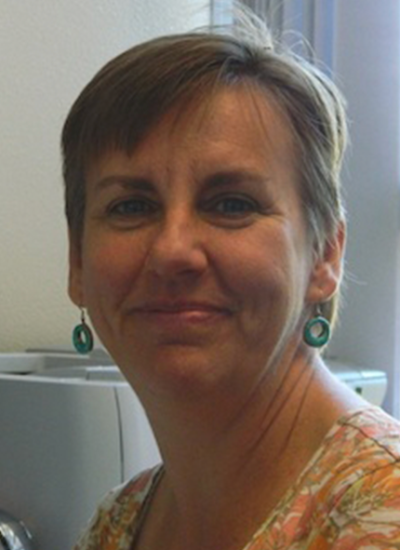Lisa K Elfring
Associate Vice Provost, Office of Instruction/Assessment
Associate Specialist, Biology Education
Associate Professor, BIO5 Institute
Primary Department
Department Affiliations
Contact
(520) 621-1671
Work Summary
There are over 30,000 undergraduates on our campus, and the skills and knowledge they gain here will shape their future careers and their lives. My work focuses on helping faculty members to reach their potential as teachers, and working to support them in the critical work they do.


